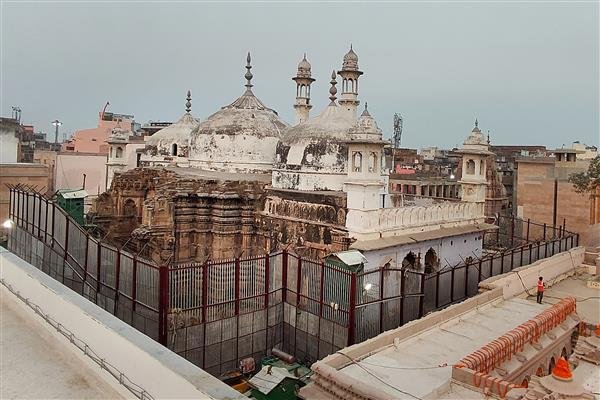The presence of the advocate general during the Gyanvapi case hearing at the Allahabad High Court sparked controversy, with the Muslim side alleging collusion between the state government and Hindu parties involved in the case.
Senior Advocate SFA Naqvi, representing the Muslim side, questioned the advocate general’s presence in the courtroom, pointing out that the state government was not a direct party in the case. Naqvi raised concerns about the advocate general’s role, particularly in light of assertions made by the Hindu side in the suit, which he deemed as baseless.
Justice Rohit Ranjan Agarwal responded to Naqvi’s query by stating that the advocate general was merely assisting in the proceedings. However, Naqvi persisted, questioning the necessity of the advocate general’s presence if there was no direct involvement of the state government.
This exchange led to a tense moment when Justice Agarwal questioned Naqvi if he was alleging against the court itself. Naqvi clarified that they had no grievances against the court but were merely seeking clarification on the advocate general’s role.
The Gyanvapi case hearing has been adjourned to February 12 by the Allahabad High Court. The case revolves around a plea challenging a district court order permitting Hindu prayers in a cellar of the Gyanvapi mosque in Varanasi. The Anjuman Intezamia Masajid, which manages the mosque, filed the plea last week.
During the proceedings, Naqvi objected to the district judge’s order and raised concerns about its expedited nature, particularly as it was issued on the retirement day of the judge. He argued that granting final relief at an early stage of the suit was irregular.
On the other hand, Vishnu Shankar Jain, representing the Hindu side, highlighted the timeline of the court orders, emphasizing that the order allowing prayers was issued after the appointment of a receiver and not on the judge’s retirement day.
The Varanasi district court’s decision to permit Hindu prayers in the Gyanvapi mosque’s southern cellar has stirred controversy and legal debates, further intensifying the ongoing dispute over the site’s religious significance. The case continues to attract attention as it navigates through legal complexities and historical sensitivities.
